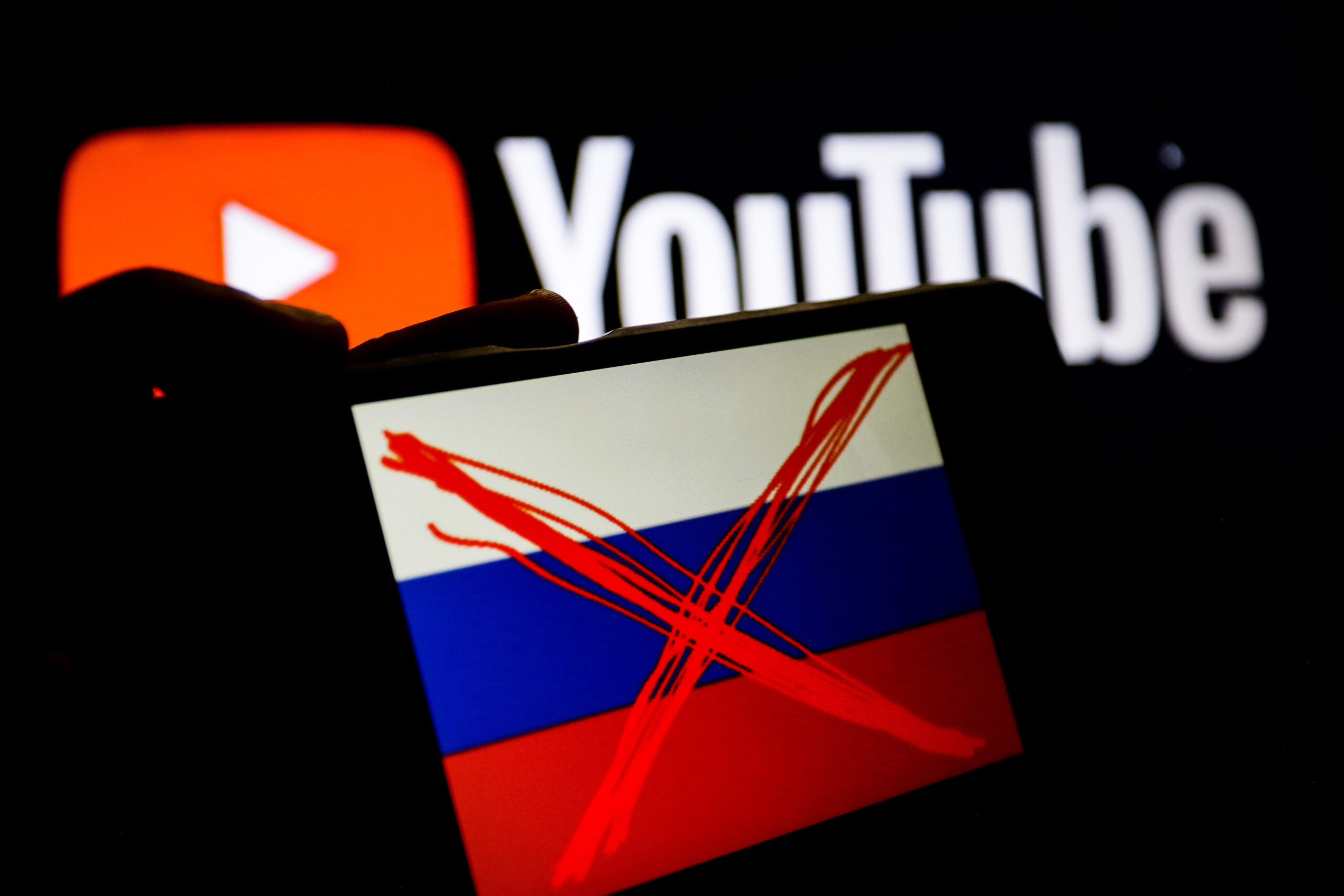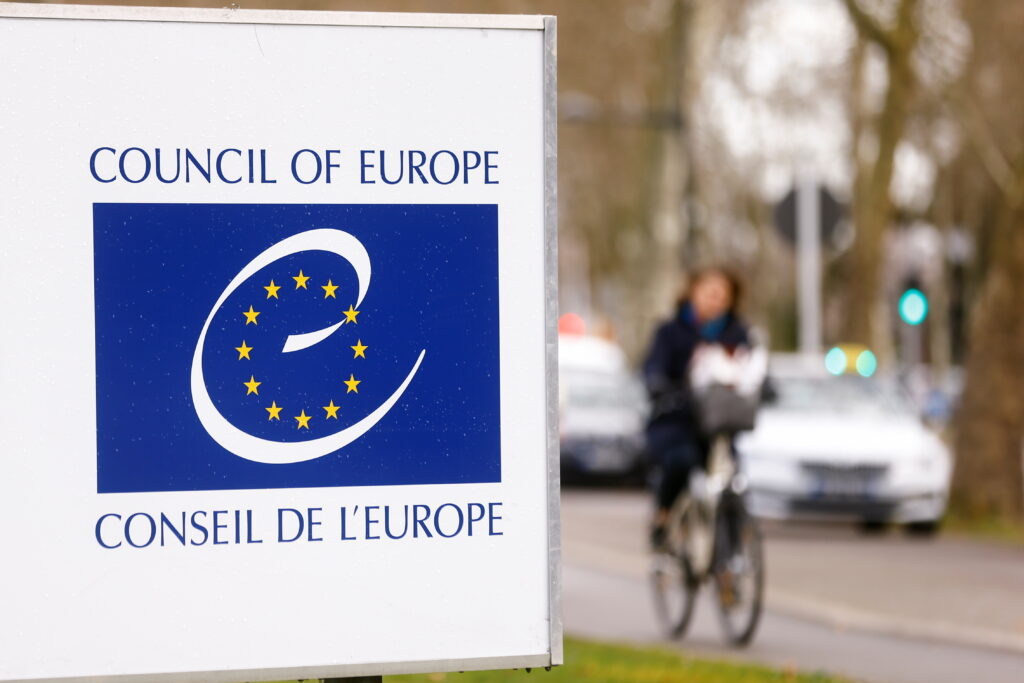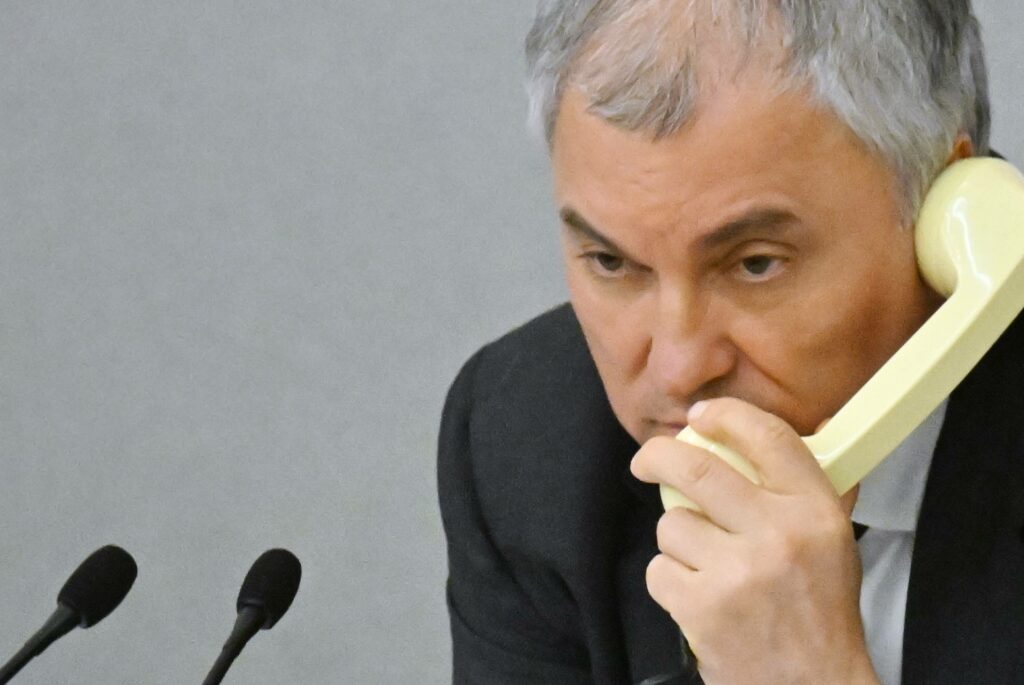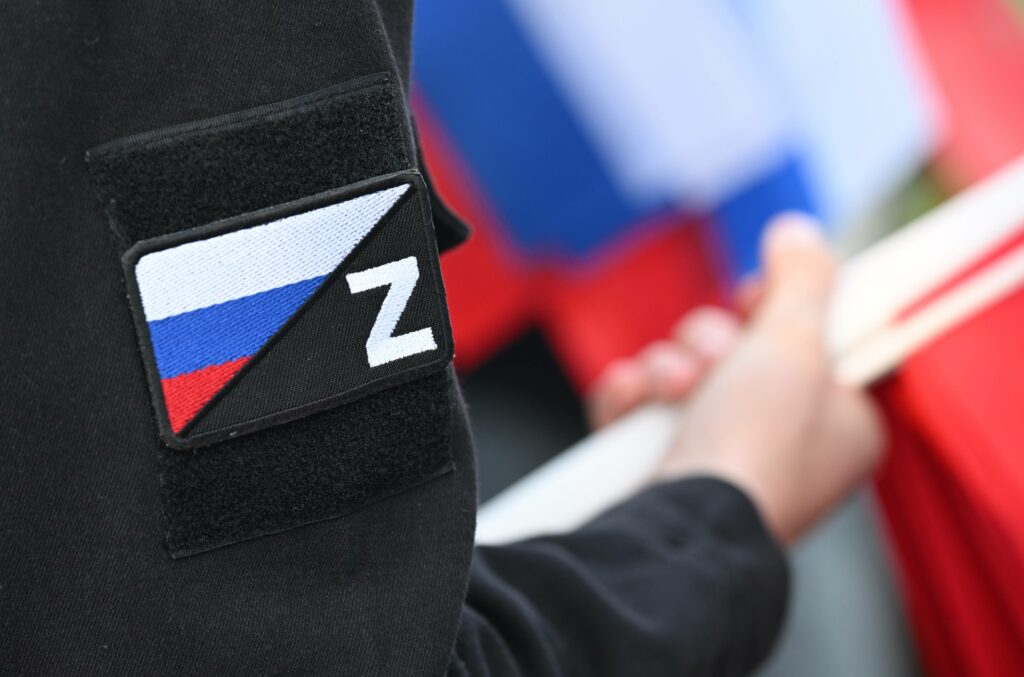With over 93 million monthly users in Russia, YouTube is crucial in providing a platform for free expression and information. It is a fountainhead for sociopolitical content critical of the regime: The ten most popular channels in Russia spreading such content amass over 170 million monthly views. However, because the platform is foreign and can thus hardly be influenced by the government, it poses a threat to the Russian authorities, who are considering blocking its access. Two options stand out in this regard: soft blocking measures, i.e., redirecting users to a state-run portal that looks almost identical to YouTube; or hard blocking measures, such as traditional Internet blocking methods (for instance, Domain Name System or Internet Protocol bans).
These blocks can be prevented or circumvented. That could make the Russian state’s enforcement so difficult that it is simply an unfeasible endeavor — just like how Telegram avoided being blocked. Circumvention methods will become widespread once a block has been enacted. Nevertheless, policymakers and other stakeholders must get ready, as a block is looming irrespective of its effectiveness. Russia is becoming more autocratic day by day, and it is likely only a matter of time before YouTube is deemed too much of a threat to the regime. Blocking YouTube would further isolate Russian society and would be another step towards a new Iron Curtain on Information.
There are other aspects that threaten YouTube in Russia. First, due to sanctions, Google’s deteriorating hardware in Russia cannot be easily replaced. Second, the Russian government enacted new restrictive laws, making it almost impossible for dissident Russian content creators to generate revenue. Finally, there seems to be a management issue within YouTube: The platform recently blocked videos going against the state’s line at the request of Roskomnadzor, Russia’s media watchdog. Even though these videos are now back online after public outrage, this is concerning.
Why a YouTube Ban or Block Has Not Materialized Yet
Despite spreading information against the state’s narrative, YouTube has not been blocked in Russia. One reason could be the government’s reluctance to upset the population, which relies on YouTube for entertainment. VK Video, owned by VK and effectively owned by the Russian state, is trying to compete with YouTube but is facing challenges such as unreliable user metrics, an inferior interface, and issues with its content recommendation algorithms. Despite significant investments, it still lags behind YouTube in both user base and functionality. VK’s leadership tries to bolster VK Video’s position through exclusive contracts with content creators. Allegedly, in 2023 compared to 2022, VK Video recorded a big jump in viewership. For instance, the views for the landing page increased by 38%. Yet it is hard to verify these numbers. At the same time, viewership on YouTube grew as well, albeit at a much slower pace. In addition, VK is heavily investing in its infrastructure. This could be useful to the authorities as a fallback if they opt to block YouTube.
RuTube, another contender to YouTube made in Russia, suffers from similar problems. While VK Video seems more promising, both platforms need substantial improvement to become viable alternatives if YouTube were blocked in Russia. The increasing investments indicate that Russian authorities are preparing a platform to be a fallback once they pull the plug on YouTube. As mentioned, VK is not independent and closely abides by the Kremlin’s wishes. CEO Vladimir Kiriyenko is Sergei Kiriyenko’s son, the First Deputy Chief of Staff of the Presidential Executive Office, and has close ties to Putin. The latter was sanctioned for overseeing the occupied territories in Ukraine. The government’s strategy in this regard could be: First, make lucrative deals to lure content creators into publishing on VK Video and make the platform more popular. Then, wait until VK builds the hardware and algorithmic capabilities to handle all the traffic from people coming over from a blocked YouTube. Once this is done, block YouTube and VK Video becomes Russia’s main new domestic video streaming platform. This will appease the censors, generate more traffic on VK (which makes it easier to monitor the population), and open up new possibilities for circulating money between the elites.
From a technical standpoint, one reason YouTube has not been blocked could be the potential disruption to other Google services, mainly Android updates. Many Russians depend on Android: update disruptions could lead to massive vulnerabilities in phones throughout Russia. YouTube’s widespread use and data-heavy content make it a difficult target for Russian authorities and could lead to other collateral damage. Furthermore, a block could result in increased use of Virtual Private Networks (VPNs) by the public to bypass it, putting strain on network infrastructure and complicating internet monitoring by security services due to encrypted protocols.
YouTube Took Down Videos With Dissenting Content, Unblocked Them Later
In March 2024, reports started emerging that YouTube would block videos of Russian content creators, in which the latter explained how to circumvent a call-up for military duty and how to bypass VPN restrictions, among other things. According to some experts, the content does not violate YouTube’s community guidelines or Russian laws. The content creators objected to the blockages of the video, and allegedly, the response they received from Google was an official note from Roskomnadzor, which had commissioned the blocks. After further investigation, as of late May 2024, most of these videos are back online and can be watched within Russia. It is unclear what led to these blockages and who exactly executed them. These blockages show two things: first, that Roskomnadzor still relies on YouTube itself to take down videos. Second, it raises concern about why and how these requests by Roskomnadzor get executed. By doing so, YouTube became complicit in censorship. YouTube should be very cautious when taking these kinds of videos down, especially when a state body of an autocratic state is issuing the request.
How Western Sanctions May Contribute to YouTube’s Demise in Russia
The sanctions on some technologies may shoot Google’s endeavors to keep YouTube running in Russia in the foot. Google Global Cache (GGC) is a content delivery network installed worldwide by Google that is designed to enhance and quicken access to Google services, notably YouTube. GGC minimizes strain on network infrastructure by delivering content from servers close to users. GGC relies on servers that Google installs on data hubs of internet service providers. Such servers also exist in Russia. However, it appears difficult for Google to navigate the sanctions on some tech products and thus export these servers to Russia. This causes GGC servers to decline. The consequence is that, in the long run, YouTube’s performance will suffer because video quality and loading times will be negatively affected. A deteriorating YouTube quality could drive users to switch to local alternatives, which the Kremlin censors. Russian authorities could use the deteriorating GGC servers to their advantage. By slowly letting them degrade, they could blame the long loading times on «the West fighting ordinary Russians» and essentially perform a move to an alternative Russian platform with some legitimacy. Democratic policymakers should very quickly find a way how to import these servers into Russia and lift sanctions on these servers or at least clarify current sanction provisions.
What a YouTube Block Could Look Like
Regarding a potential blockage of YouTube in Russia, two methods stand out: soft blocking and hard blocking. Soft blocking would entail the creation of an alternative portal designed to «scrape» YouTube content and relay it to users through a proxy server. Allegedly, this portal has already been tested. If authorities alter Domain Name System (DNS) connections, the soft blocking approach could be seamless for the user, as typing in «YouTube.ru» would lead to this new portal, and the site may even look almost identical to YouTube, albeit without the undesired content. However, since a large part of YouTube’s success is attributed to its recommendation algorithms, it is questionable whether the latter would work on the portal and whether the user experience would, in practice, be anywhere near as good as on YouTube itself.
Conversely, the hard blocking strategy would be reminiscent of actions taken against other prominent social media platforms like Facebook and Twitter. Authorities would simply use Internet Protocol (IP) and DNS blocklists, as well as sophisticated network-level filters and packet inspection techniques to intercept and block YouTube traffic. While theoretically effective in preventing user access to the platform, hard blocking poses significant challenges for the authorities, especially since increasingly sophisticated encryption technologies and the widespread availability of virtual private networks (VPNs) can circumvent such restrictions. Unfortunately, hard blocking will still be effective for a large part of the population, as installing a VPN is already a hurdle many citizens will likely not pass.
The decision to implement either method may depend on the availability and appeal of alternative platforms like VK Video and RuTube. A hard block is more likely if these platforms provide a comparable experience to YouTube and attract creators and users. However, the decision also heavily depends on how hard a block of YouTube would be from a technical perspective. The harder it gets to block the service and the more collateral damage it causes, the less likely authorities would opt for a block, as it would be pointless and too costly.
What should be done
Firstly, Democratic policymakers and Google must work together to prioritize service quality, modernize infrastructure, and maintain access to YouTube. Sanctions should not impede Google’s capabilities to modernize or update its infrastructure in Russia.
Second, Google should work on methods designed to make blockages harder for Russian authorities and prepare for circumvention methods in case of a block. Traffic obfuscation could help, i.e., hiding protocols, masking them, and running them through proxies/tunnels. From a technical point of view, it is unclear whether traffic obfuscation would work on a platform as large as YouTube, as it generates much more traffic than a messaging platform like, for instance, Telegram. In 2018, authorities tried to block the messenger service in Russia after it did not hand out decryption keys to the FSB. However, through various methods, Telegram essentially became unblockable, and authorities gave up on the endeavor. But a company like Google, with extensive resources, could likely develop a system that would make blocking YouTube much harder for the Russian authorities and even unfeasible. Of course, this would put Google even more into the firing line of autocratic governments and make its presence much more political than it already is. Together with Google, experts and policymakers should assess the risks involved. The alternative is to do absolutely nothing, and YouTube will end up like Facebook or Instagram: some people will still be able to access it, but many won’t. It will isolate Russian society to a large extent, making it impossible to receive a large part of the free information from the outside world.
After Google stopped monetizing content within Russia in 2022, content creators had a harder time financing their productions. However, they could get by through product and ad placements not run by YouTube. A new law, which Putin signed in March 2024, makes it impossible for anybody labeled a «foreign agent,» i.e., many dissident content creators, to receive any money from advertising. It is punishable for the content creator and the advertiser to work together. This will strip them of much of their income and make their work increasingly difficult. As the audience of these content creators is primarily Russian, advertisers are, too. Urgent solutions must be found on how these creators can still generate revenue, be it through donations or special grants.
Finally, the recent blockages of videos by Google raise concerns about how much influence Roskomnadzor can exert on the company. The exact details behind the blockages are unknown, but YouTube and Google should ensure that only reasonable requests get executed and that everything relating to censorship gets discarded.










